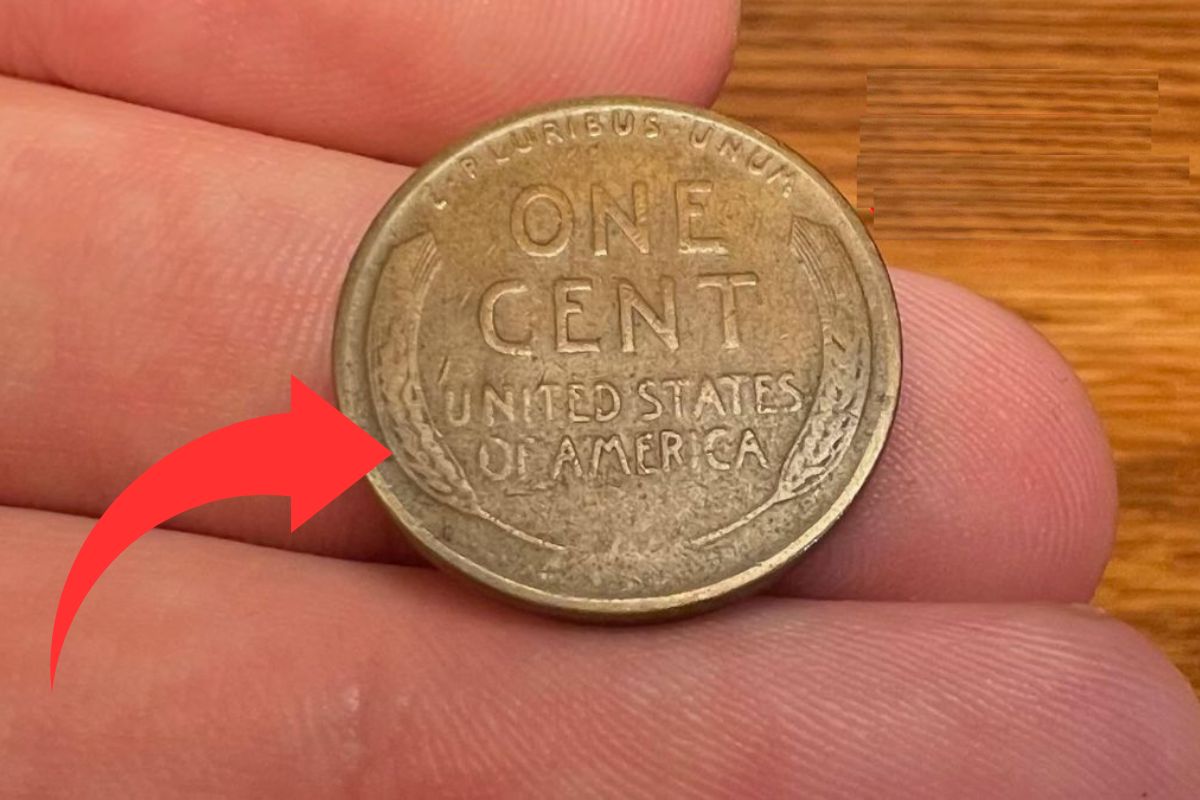Eggs are packed with nutrients and are considered a superfood, containing every essential nutrient except vitamin C. If you raise backyard chickens, you may find yourself with more eggs than you can consume. Luckily, there are many ways to use, preserve, donate, or even sell your surplus eggs.
Cooking with Fresh Eggs
One of the simplest and most delicious ways to use extra eggs is to cook with them. Fresh eggs can be prepared in countless ways, from basic scrambled eggs to gourmet meals.
Classic Egg Dishes
- Fried eggs – Perfect for breakfast sandwiches on bagels, English muffins, or toast.
- Scrambled eggs – Add cheese, vegetables, or spices for variety. Try huevos rancheros, egg quesadillas, or breakfast nachos.
- Boiled eggs – Eat them plain, make egg salad, or prepare deviled eggs.
- Poached eggs – Use them in eggs benedict or poach them in broth, tomato juice, or wine for a unique twist.
- French toast – Enjoy sweet (with syrup) or savory (with eggs, bacon, and vegetables) versions.
- Baked egg dishes – Quiche, frittatas, casseroles, egg muffins, or baked French toast are great options.
- International dishes – Try egg waffles, grilled eggs, Turkish eggs, curry eggs, or matzo brei.
Baking with Eggs
Eggs are an essential ingredient in many baked goods, adding richness, structure, and moisture.
Popular Egg-Based Baked Goods
- Finnish pancakes, soufflés, custard pie, or bread pudding
- Macaroons, meringues, and angel food cake (use extra egg whites)
- Mousse, lemon curd, or homemade mayonnaise (use extra egg yolks)
Baking Tips for Fresh Eggs
- Use room-temperature eggs for better rise.
- Separate egg whites from yolks while the eggs are cold for easier handling.
- Slowly add beaten eggs to batters to prevent curdling.
- Check egg freshness by placing them in water—fresh eggs sink, old eggs float.
Preserving Eggs for Long-Term Use
If you have more eggs than you can use immediately, consider preserving them using traditional methods.
Egg Preservation Techniques
- Pickling – Pickled eggs last up to six months in the refrigerator.
- Oiling – Coating eggs with food-grade mineral oil seals the pores, extending their shelf life.
- Thermostabilizing – A method similar to soft-boiling, keeping eggs fresh in the fridge for up to eight months.
- Water glassing – Storing eggs in a lime-water solution preserves them for six months or more.
- Dehydrating – Scramble and dehydrate eggs for long-term storage.
- Freezing – Crack eggs into ice cube trays, freeze, and store in airtight containers for up to a year.
Feeding Extra Eggs to Animals
If you have more eggs than you can use, consider feeding them to your pets and livestock.
- Chickens – Cooked eggs (scrambled or boiled) provide protein and nutrients. Avoid raw eggs to prevent egg-eating habits.
- Dogs and cats – Cooked eggs are great for their coat and overall health.
- Livestock – Pigs, ducks, and other poultry benefit from egg nutrients.
Giving Away or Donating Extra Eggs
Sharing fresh eggs with others is a great way to prevent waste.
- Friends, family, and neighbors – Offer eggs as gifts or include a thoughtful note.
- Shelters and food pantries – Some organizations accept egg donations, but check local regulations first.
- Community events – Share eggs at gatherings, farmers’ markets, or local meetups.
- Animal rescues or zoos – Some facilities welcome donated eggs for feeding programs.
Selling Extra Eggs
If you have a steady egg supply, selling fresh eggs can be a small side business.
- Sell to neighbors or at farmers’ markets.
- Check state regulations regarding egg washing, refrigeration, and labeling.
- Always ensure eggs are clean and fresh for customers.
Crafting with Eggs and Eggshells
Eggs can also be used for fun and creative projects.
- Dyeing eggs – Use natural dyes from fruits, vegetables, and spices.
- Blown-out eggs – Empty the contents and paint or decorate the shells.
- Eggshell uses – Crush and use them as calcium supplements, garden fertilizer, or seed starters.
By exploring different ways to use and preserve your eggs, you can make the most of your backyard flock while reducing waste. Whether cooking, preserving, feeding animals, donating, selling, or crafting, eggs are one of the most versatile foods available.
FAQ’s
1. What can I do with too many eggs from my backyard chickens?
You can cook, bake, preserve, donate, sell, or use eggs for animal feed and crafting. There are endless ways to make use of surplus eggs.
2. How can I cook fresh eggs in different ways?
You can prepare eggs as fried, scrambled, boiled, poached, or baked dishes like quiche, casseroles, and French toast. You can also try international dishes like Turkish eggs or huevos rancheros.
3. What are some baking ideas to use extra eggs?
Use eggs in soufflés, custards, pancakes, quiche, or bread pudding. If you have extra egg whites, make meringues, macaroons, or angel food cake. Egg yolks can be used for mousse, lemon curd, or homemade mayonnaise.


















